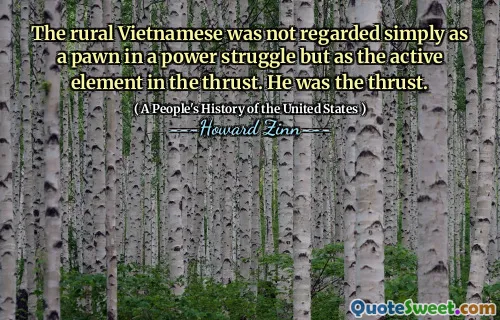According to historian Ellen Hammer, he {Pres. Kennedy} was, 'shaken and depressed.' to realize that, 'the first Catholic ever to become a Vietnamese chief of state was dead, assassinated as a direct result of a policy authorized by the first American Catholic president.' At one point an aide tried to console him by reminding him that Diem and Nhu had been tyrants. 'No," he replied. "They were in a difficult position.' They did the best they could for their country.
Historian Ellen Hammer reflects on President Kennedy's deep emotional response to the assassination of Ngo Dinh Diem, the first Catholic leader of Vietnam. She notes that Kennedy felt shaken and depressed because Diem's death was directly linked to a policy he had authorized as the first American Catholic president. This connection weighed heavily on him, highlighting the complexities of foreign policy and its consequences.
Despite the awareness of Diem's tyranny, Kennedy empathized with him and his brother Nhu, recognizing the difficult circumstances they faced while trying to lead their country. He believed they acted in what they thought was the best interest of Vietnam, which illustrates Kennedy's nuanced understanding of leadership and governance in challenging environments.

